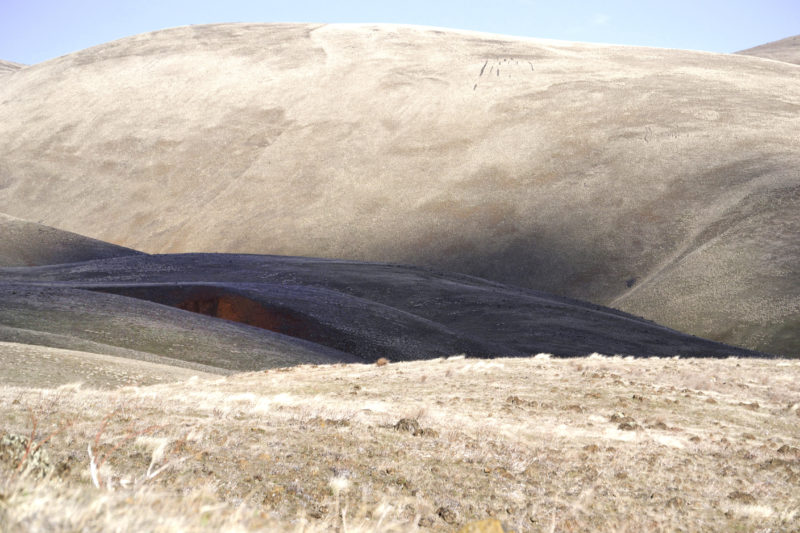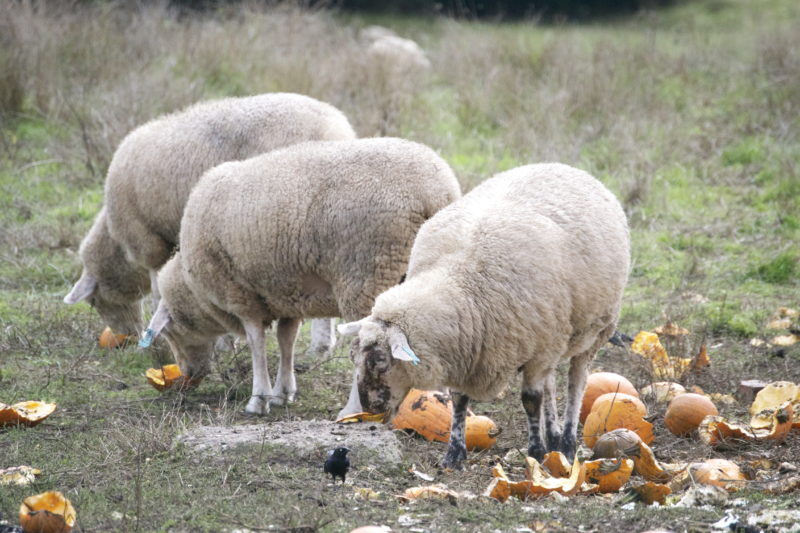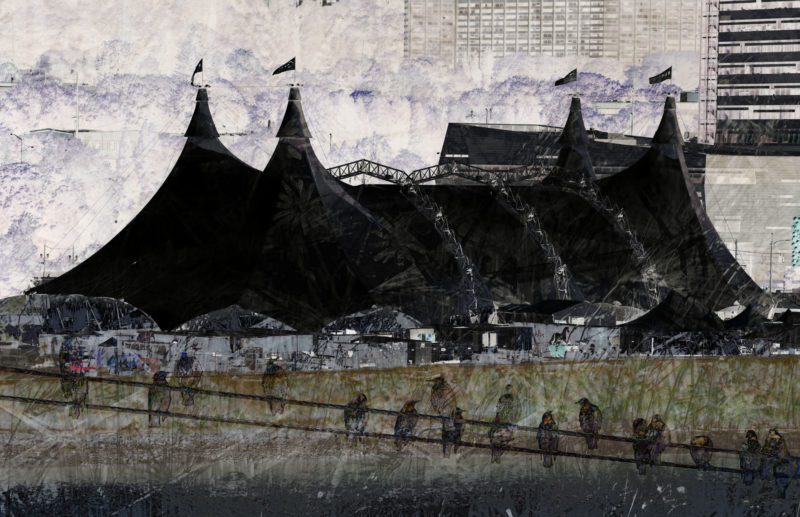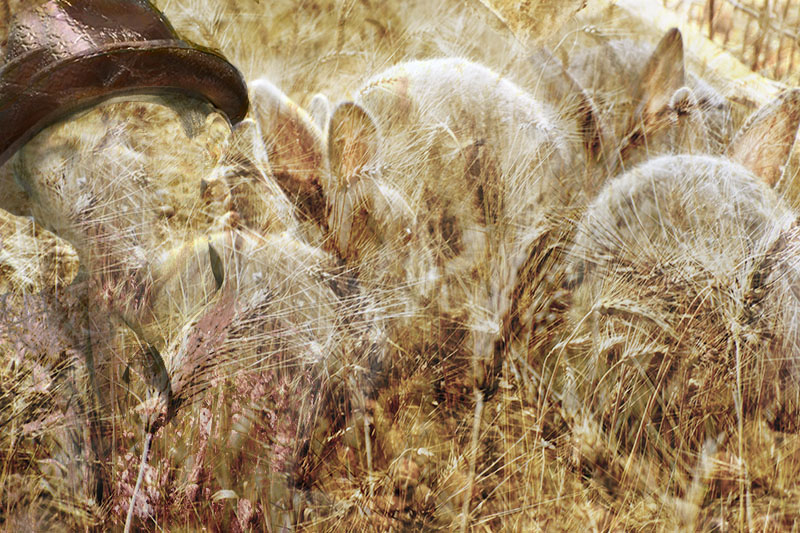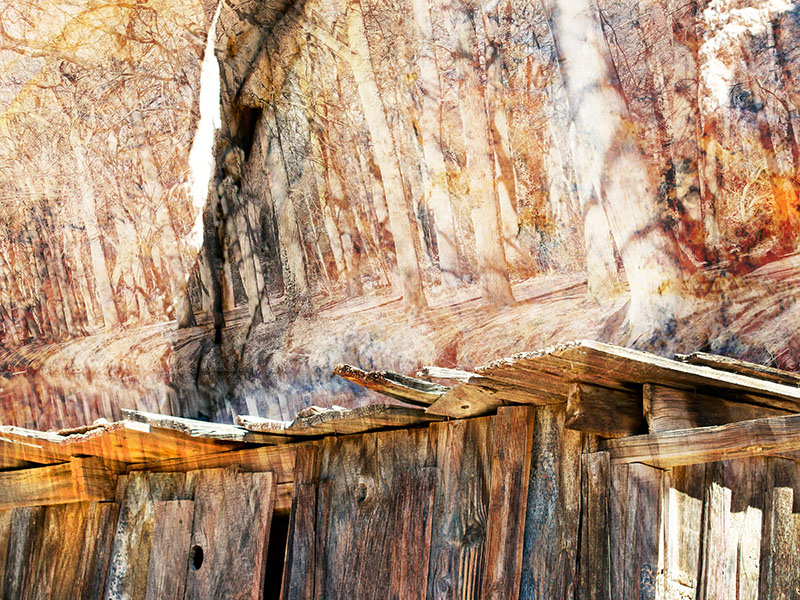
 Remember the old Mark Twain adage “Water, taken in moderation, has never hurt anyone?” That’s no longer funny when considering how many people in the world experience water shortages, or are forced to migrate because there is no longer enough water to sustain human dwellings.
Remember the old Mark Twain adage “Water, taken in moderation, has never hurt anyone?” That’s no longer funny when considering how many people in the world experience water shortages, or are forced to migrate because there is no longer enough water to sustain human dwellings.
Here are some predictions from the UN:
And I quote: “The figures continue to be staggering: despite improvements, at least 663 million still do not have access to safe drinking water. And projecting into the future, the United Nations says an estimated 1.8 billion people – out of a total world population of over 7 billion – will live in countries or regions with water scarcities. The crisis has been aggravated by several factors, including climate change (triggering droughts) and military conflicts (where water is being used as a weapon of war in several war zones, including Iraq, Yemen and Syria).”



One often neglected factor in water scarcity is also land grabbing – buying inexpensive swaths of land in developing nations and using it for agricultural production. If the land is in an area with heavy rainfall, then irrigation is no problem. But if the land is in drought afflicted regions, investors will tap into water supplies from the ground, depriving the native population of an already scarce resource. Saudi Arabia, for example, has bought tons of land in Africa to grow all of its wheat, using their water, thus protecting its own resources.

Simple conservation won’t do – global political solutions are necessary to prevent catastrophe. And lest you think we, in this country, are somewhat safe, here is an eye opener:
http://www.theatlantic.com/science/archive/2016/10/megadroughts-arizona-new-mexico/503531/
